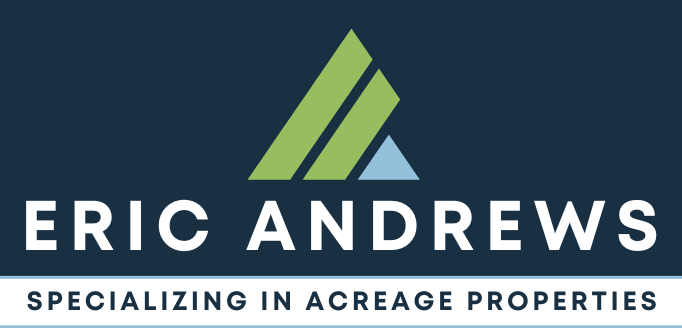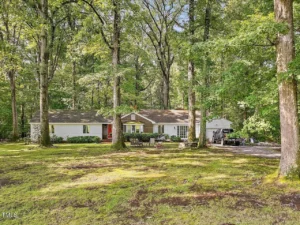Do you know there is a Code of Ethics that Realtors are required to follow? They provide an ethical framework to guide Realtors in their dealings. Article 11 outlines that Realtors do not undertake to provide services outside the scope of their competence. Instead, they should engage the assistance of others who specialize in those areas.
Speaker 1: What is Article 11 of the Code of Ethics?
Speaker 2: Good question. So, Article 11, Code of Ethics. This is established by the National Association of Realtors. Article 11, well I’ll read a section of it.
The services which realtors provide to their clients and customers shall conform to the standards of practice and competence which are reasonably expected in the specific disciplines in which they engage; specifically, residential, real property, management, commercial, industrial, land brokerage, real estate appraisal, real estate counseling, auctions, international.
So, what this is saying is, okay, congratulations. You passed your real estate exam. Okay. North Carolina gives you a license. You will probably, most of us, get hired by a traditional residential real estate brokerage firm and you shouldn’t be thrown to the wolves. You should mentor with someone. Nobody wants to be your first real estate transaction, but then we’ll have someone that has sold real estate for five or six years. Okay, and they have sold a hundred houses. It’s a good agent. They’ve sold a bunch of houses and then of course their neighbor wants to buy 57 acres in Chatham county.
Well, if you’ve never had a large land track experience, you’re outside of your area expertise. You’re not doing your buyer a good service and not only that, it’s a violation of our code of ethics standard. So, should you just give up that money? No, you shouldn’t. You should, if the listing agent is a competent land brokerage agent, you could call up that land listing agent and say, “Hey, this is my first. Can you work with me? Will you pay me a referral? I’ve never done this before. Can I give my buyer to you?” Or whatever. That would put me in a dual agency situation so that’s probably not the best thing to do, but hopefully you work at a firm where someone actually has a land brokerage deal and it is your duty, it is your fiduciary responsibility to that client and to NAR to say, “Hey Bob, I’ve never sold a piece of land before.” Or “Hey Susan, I’ve never sold a piece of land before.
I’ve seen that you’ve done a bunch of them. Can you mentor me through this process? We’ll split it 50-50 or I’ll pay you a 25% referral, and help me and my client go through this transaction.” That’s how you learn and what happens is people will see these big tracks of land and land pays out more than residential. So, they’ll see a $600,000 piece of land and a 4% commission and they’ll be all excited because it’s $24,000 commission and that’s a big payday compared to a lot of residential and they’ll see that and they get all excited and greedy and they don’t want to share it or they don’t want to split it with anybody, but then they’re going to put their buyer in a situation that is really, really dangerous for them.
They didn’t realize, oh you need a $10,000 survey or, oh you need to get the land perc’d. They didn’t know that the county was backed up on the perc test or whatever. They’re going to put them in a bad situation where they could lose a lot of money just because they don’t know what they’re doing. That happens. We see that happen in land brokerage all the time and we see that happen in commercial real estate all the time. People sell a bunch of houses, their buddy wants to buy a warehouse, “Oh, I can do that for you.” I mean they see a big, huge commission check, $30,000. Other commercial brokers are about as mean as mean gets. When they look you up and they see that you’ve never done a commercial deal before, you’ve just done residential, first of all they might not even call you back, but secondly they will chew you up spit you out like you wouldn’t believe.
It is a completely different ball game. I’ve talked about before, there are three spheres of real estate. We have commercial, residential, and land and sometimes those overlap but a residential agent, I mean I’m going to be nice. People think I’m mean and I’m going to be nicer to you if you want to do land. A residential broker that goes into the commercial world, it is a mean, mean situation. So, the main reason why I want to talk about Article 11 is you have a responsibility and a duty to have background and experience if you’re going to help a client, and if you don’t you need to seek out a mentor or a partner that will help you through that transaction.





